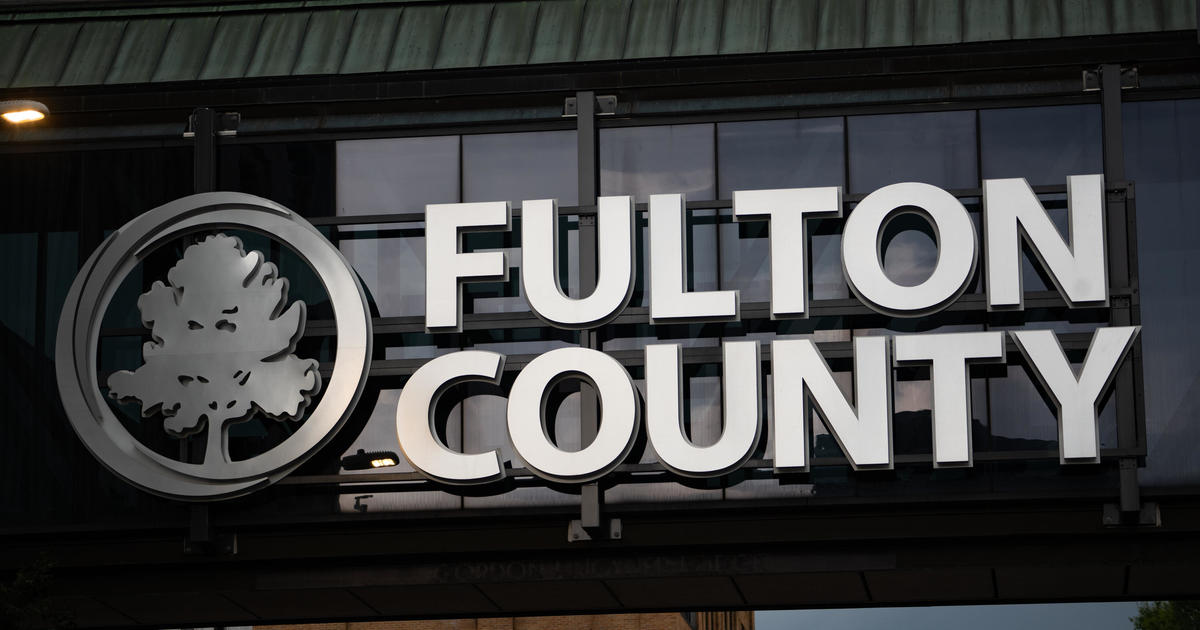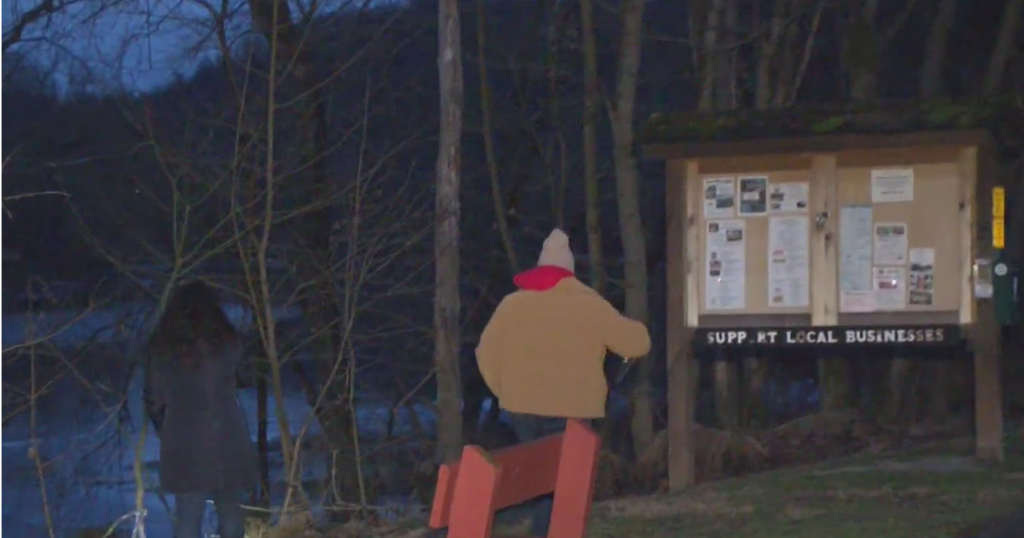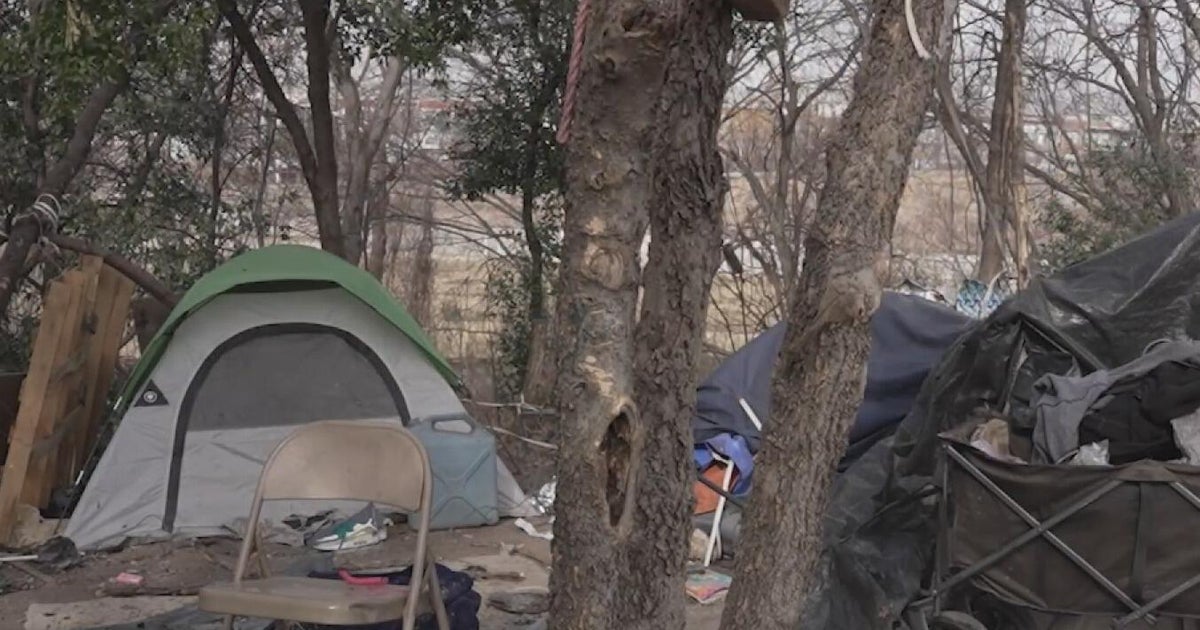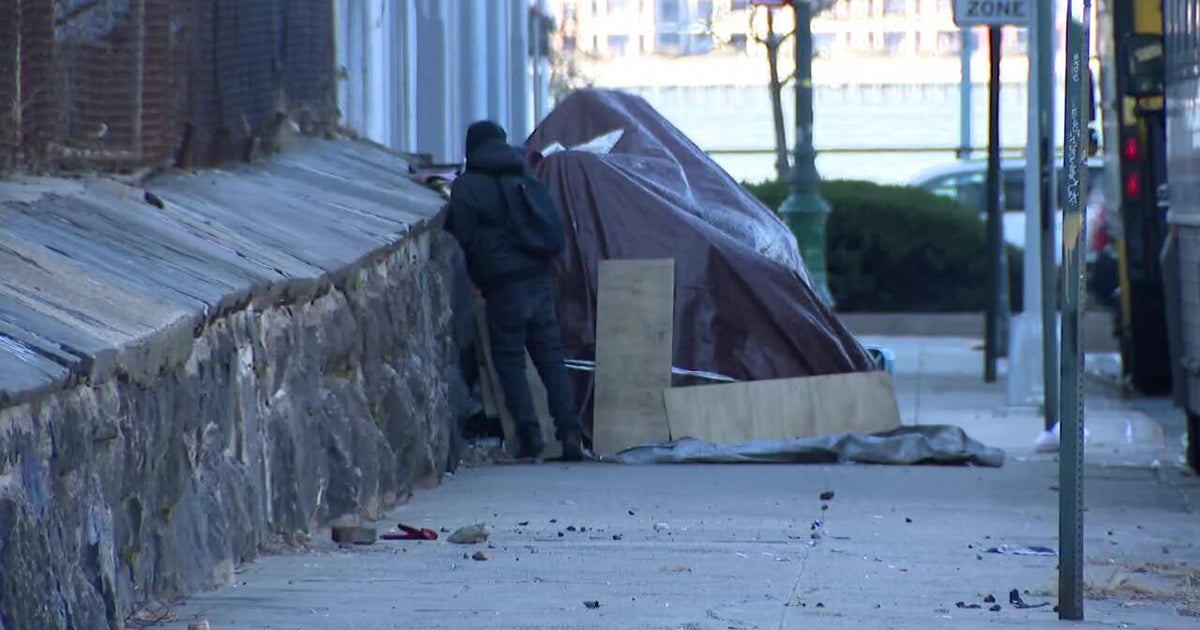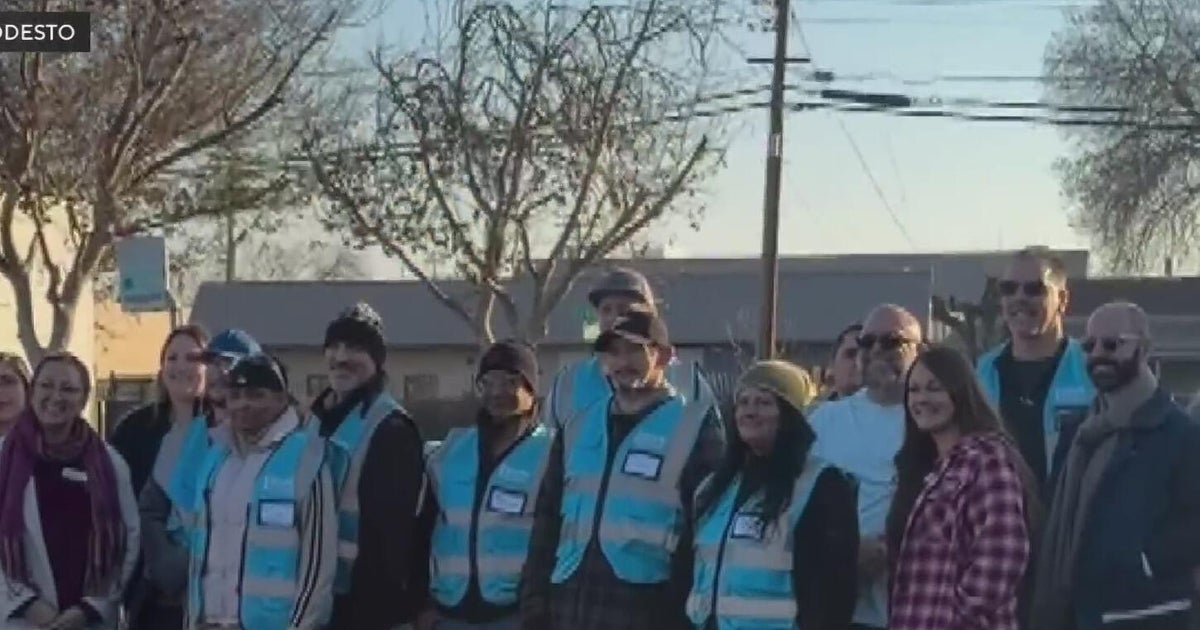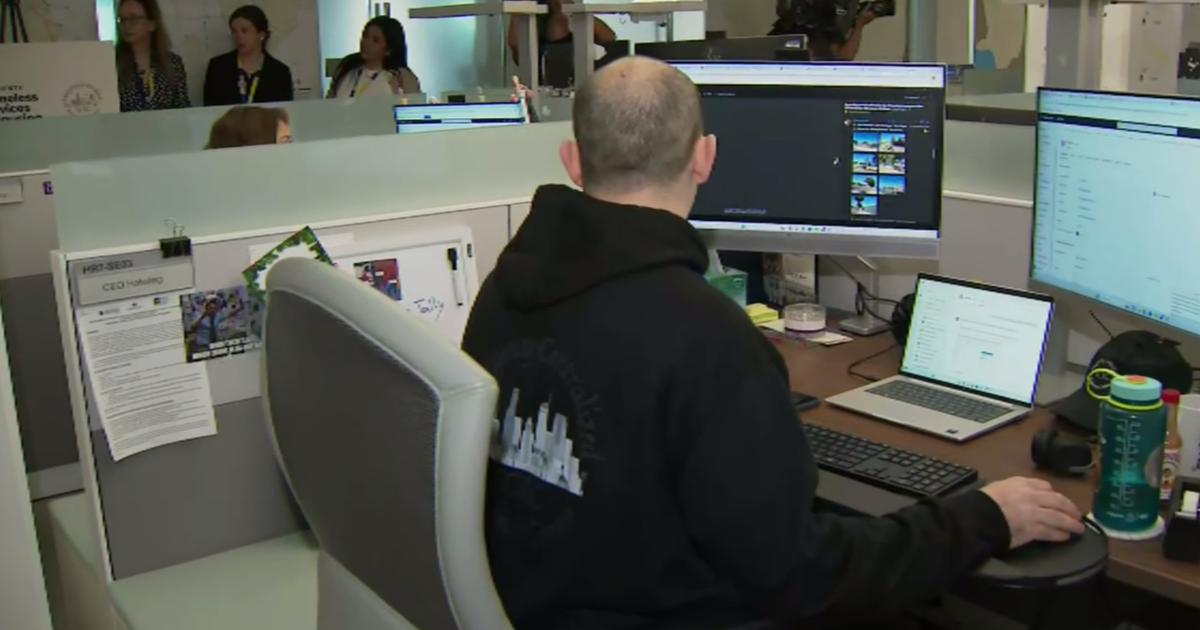Miami-Dade County approves $14 million project to house homeless seniors
CUTLER BAY — Miami-Dade County approved a project Tuesday that seeks to get hundreds of homeless seniors off the street. The La Quinta hotel in Cutler Bay will be transformed into subsidized housing for low-income seniors, costing the county $14 million.
The project aims to help people like Marilyn Light, who is hoping to find permanent housing. She was an officer for the City of Miami Police Department in the 1970s and was married for 10 years. When her husband died, things got tough.
She described her experience as "a thing of horror."
Light has since been set up with housing at Mia Casa, a transitional living facility for seniors that is meant to serve as a bridge for homeless residents before they get permanent housing.
For Light, the quest for permanent housing has been challenging. She said he applied to multiple housing lotteries and is waiting to find out where she will end up.
The La Quinta in Cutler Bay could be that place. The hotel property will be converted into an apartment building and house at least 130 residents who are over 55 years old.
However, District 8 Commissioner Danielle Cohen Higgins said the project isn't cost-effective, with it being $4 million more than its appraised value.
"In two weeks, our homeless, and our sheltered population are at risk of being incarcerated as a result of their poverty and if it is our goal to stop as many of those arrests as possible, our votes should reflect exactly that," Higgins said at Tuesday's board of commissioners meeting, where the project was ultimately approved through a vote.
On Oct. 1, public camping in Florida will be illegal.
The Homeless Trust, which is behind the La Quinta plan, says the Cutler Bay project will help house residents in need. Ron Book, chair of the Homeless Trust, thanked county officials after the plan's approval.
"We want to ensure that vulnerable individuals in their later years can age with dignity," Book said in a statement.
The Homeless Trust hopes to have the project completed by the end of the year, which would be after the law prohibiting public camping goes into effect.

